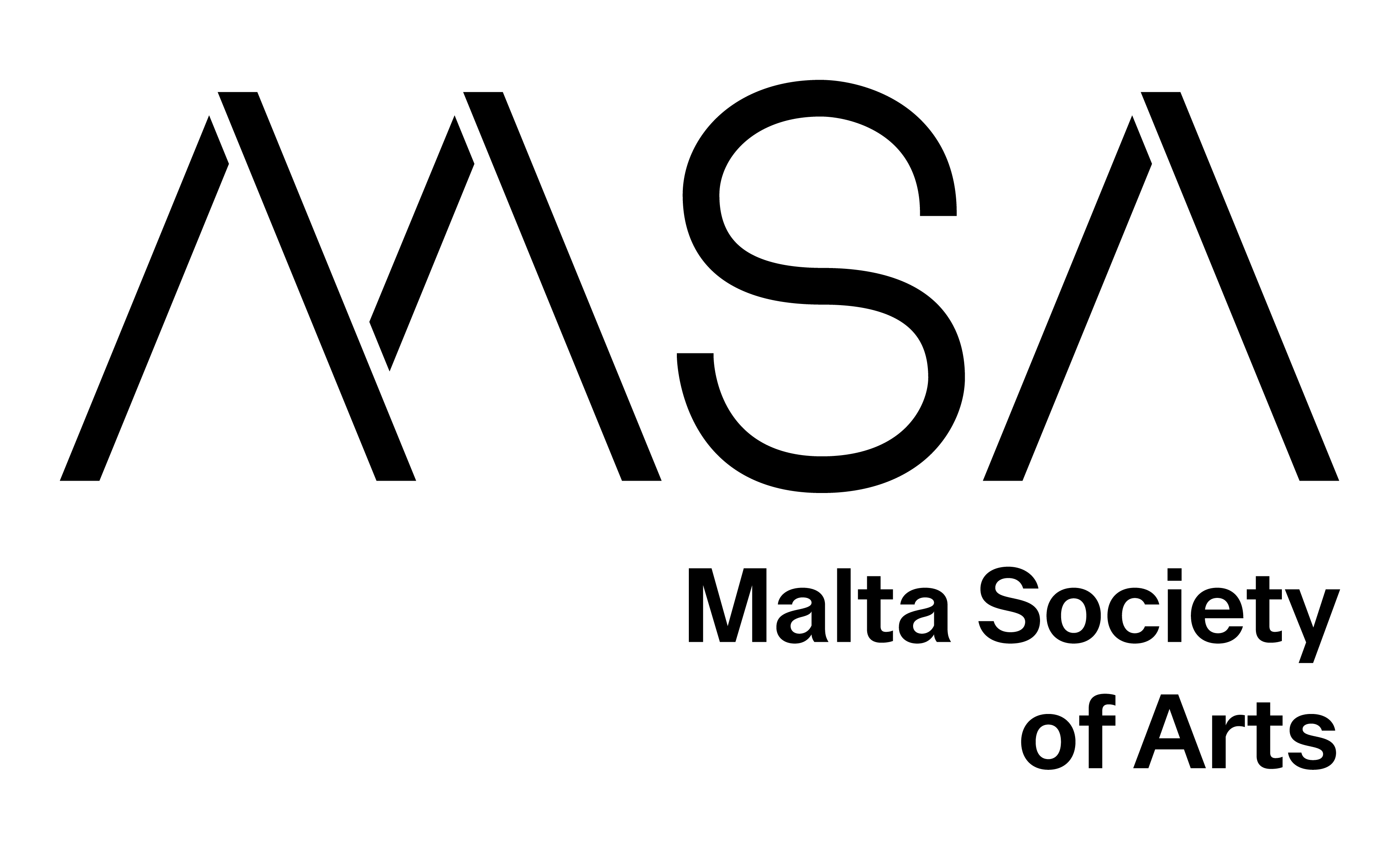In 2016, Tesla and SpaceX CEO Elon Musk announced the launch of Neuralink, a startup dedicated to developing brain-computer interfaces (BCIs). Through Neuralink, Musk aims to create implantable neural devices that help individuals with disorders such as quadriplegia and cerebral palsy regain sensory and motor function. Though currently focused on medical devices, Neuralink plans to create consumer-grade products, citing BCI’s potential to “expand our abilities, our community, and our world.” Ultimately, Neuralink hopes to profit from devices that can enhance human memory, expand sensory perception, and even allow human consciousness to “meld” with AI.
While ambitious, Neuralink’s mission is not particularly novel; the company follows a long line of transhumanist projects aimed at enhancing human experience through increasingly sophisticated technologies. All these projects ultimately aim to “cure” or heal particular human diseases, conditions, and frailties, yet do so in a way that undermines, demeans, and devalues the experiences of the very people they aim to help. Drawing from Eli Clare, we argue that this emphasis on curing or healing smuggles with it a pernicious aesthetics of cure, i.e., a political aesthetic which treats the disabled human body (and, by extension, humanity itself) as something to be transcended, fixed, or overcome.
The aim of our project is twofold: first, we articulate an “aesthetics of cure” wherein the ethical-aesthetic practices of making one’s self are normatively shaped by the (bio)politics of cure. In Neuralink-type projects, cyborg technologies aim to overcome illness and disability. This emphasis on overcoming carries with it a transcendence narrative that implies fear and degradation of lived human bodies, particularly, but not exclusively, those with disabilities. In contrast to the aesthetics of cure, we propose an anaesthetics of cure that does not follow logics of bodily transcendence or restoration. Riffing off Cressida Heyes’ definition of “anaesthetics” as liminal practices that resist neoliberalism’s emphasis on productivity and progress, we explore anaesthetics of cure through cyborg transgressions, i.e., cyborg and cripborg artistic practices that do not strive toward bodily liberation and that do not participate in the (bio)politics of cure.
To conclude, we highlight recent projects by disabled artists that emphasize the transgressive potential of an anaesthetics of cure, including Mallory Kay Nelson’s illustrated series, “Transmobility,” and Marco Donnarumma’s upcoming I Am Your Body. Instead of freeing us from our bodies, the artists we feature treat cybertech as a way to deepen and re-engage with the political and social potency of embodiment, technology, and (dis)ability.
References
Clare, Eli. 2017. Brilliant Imperfection: Grappling with Cure. Durham: Duke University Press.
Heyes, Cressida J. 2020. Anaesthetics of Existence: Essays on Experience at the Edge. Durham: Duke University Press.
Ihde, Don. 2019. Medical Technics. Minneapolis: University of Minnesota Press.
Kafer, Alison. 2013. Feminist, Queer, Crip. Bloomington: Indiana University Press.
Munoz, José Esteban. 2013. Disidentifications: Queers of Color and the Performance of Politics. Minneapolis: University of Minnesota Press.
Nelson, Mallory Kay, Ashley Shew, and Bethany Stevens. 2019. “Transmobility: Possibilities in Cyborg (Cripborg) Bodies.” Catalyst: Feminism, Theory, Technoscience 5 (1): 1-20.
Sterne, Jonathan. 2021. Diminished Faculties: A Political Phenomenology of Impairment. Durham: Duke University Press.
Currently pursuing her PhD in Philosophy at Emory University, Molly Kelly has a background in philosophy, political science, and public policy. Her educational foundation includes an MA in Philosophy from Emory University, an MA in Public Policy, Philosophy, and Social Policy from George Washington University, and a BA in Political Science with a minor in Women's, Gender, and Sexuality Studies from Boston University. Her research interests span various domains, encompassing Phenomenology, Social and Political Philosophy, Feminist Philosophy, 19th and 20th Century Continental Philosophy, Bioethics, and Philosophy of Psychology and Psychoanalysis.
Jordan Kokot is a Visiting Assistant Professor in Philosophy at Brandeis University who specializes in the ethics of technology, social and political philosophy, the philosophy of art, and phenomenology. His current research is focused on the ethical, political, and phenomenological issues generated by the meteoric rise of modern digital and biomedical technologies, specifically the ways that VR and XR technologies manipulate normative affordance structures and how cyborg technologies (e.g., Neuralink) play into pernicious forms of ableist “cure aesthetics.”
Back







